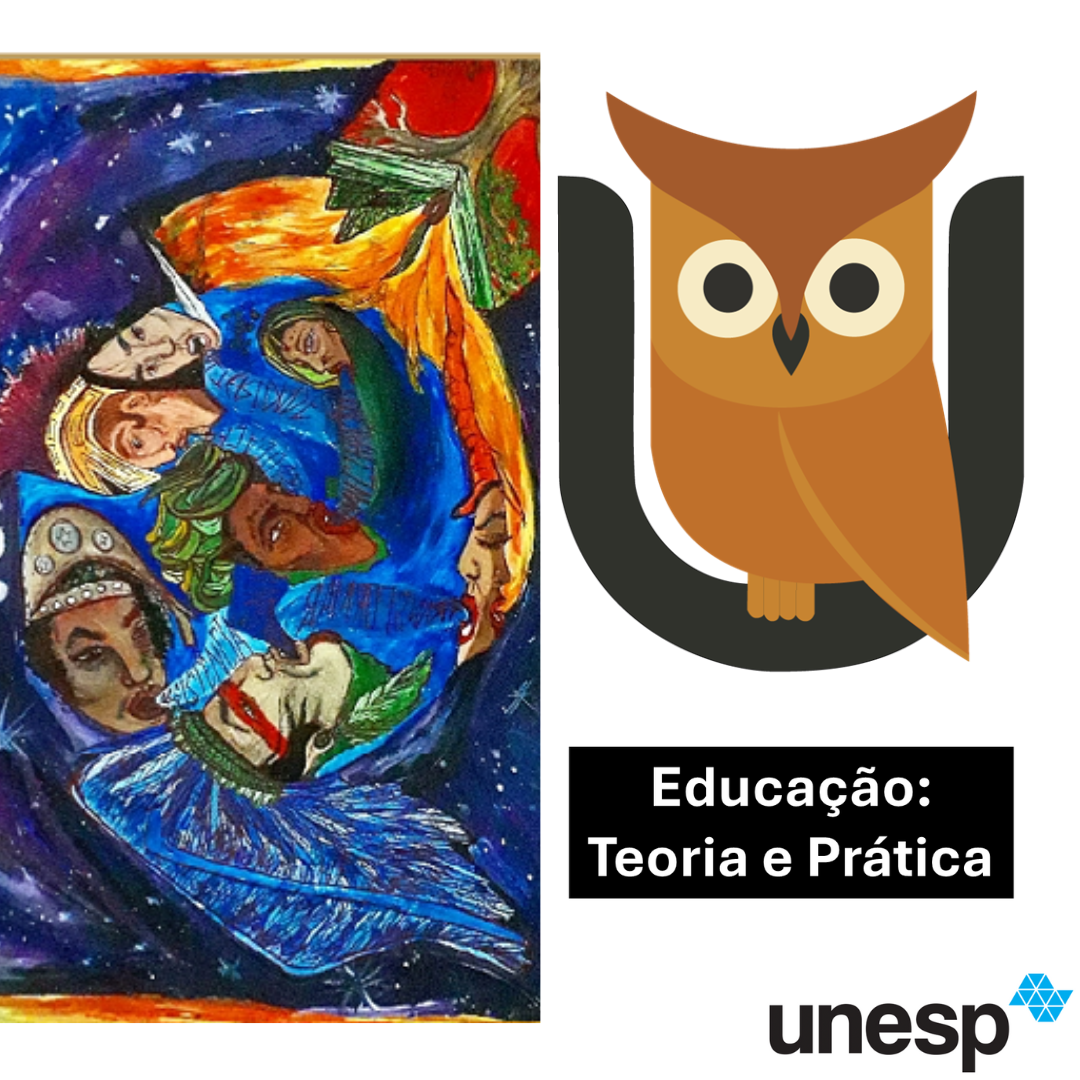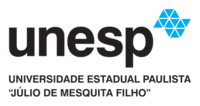EVALUATION OF AN APP THAT THEMATIZES PHILOSOPHY CONTENTS AND ITS RELATIONSHIPS WITH TEACHING
DOI:
https://doi.org/10.18675/1981-8106.v30.n.63.s12849Keywords:
Mobile learning. Smartphone. Teaching of Philosophy.Abstract
The aim of this paper is to evaluate the technical conditions and the didactic-methodological potentialities of the app “Quiz Filosófico”, which was developed for smartphones and thematizes history of philosophy contents to strengthen the teaching-learning process in the discipline of philosophy in the scope of High School. A literature review was conducted to describe the characteristics and potential of this app and the perception of its possible applicability or not in the high school perspective. As conclusion, this digital resource presents philosophical content limitations and may not be an essential resource to support the development of primary philosophical experience with high school students in the classroom, although it can be used for extra-class activities.
References
ABEGG, I.; COLUSSO, L. F.; FREITAS, L. O. Utilização de checklists para avaliação de objetos de aprendizagem sob a perspectiva do Acesso Universal e Usabilidade. In: Congresso Nacional De Ambientes Hipermídia Para Aprendizagem, 6. 2013 João Pessoa. Anais [...] João Pessoa, 2013.
BRASIL. Parâmetros Curriculares Nacionais (Ensino Médio). Parte IV – Ciências Humanas e suas Tecnologias. Brasília: Secretaria de Educação Básica do Ministério da Educação, 2000.
CARR, W.; KEMMIS, S. Teoria crítica dela enseñanza: investigación-acción en la formación del profesorado. España: Matínez Rocca, 1988.
CASTELLS, M. A Galáxia da Internet: reflexões sobre a Internet, os negócios e a sociedade. Rio de Janeiro: Jorge Zahar Editor, 2003.
CASTELLS, M. A Sociedade em rede. São Paulo, Paz e Terra, 1999.
COUTINHO, C. et al. Investigação-AÇÃO: metodologia preferencial nas práticas educativas. Psicologia, Educação e Cultura, Portugal, 2009, v. 13, n. 2, p. 455-479.
ELLIOTT, J. What is Action-Research in School?. Journal of Curriculum Studies, London, ENG, v. 10, n. 4: 335-3377, 1978.
FELDMAN, A.; CAPOBIANCO, B. Action Research in Science Education. ERIC Clearinghouse for Science, Mathematics, and Environmental Education . October 2000. Disponível em: http://www.ericse.org/digests/dse0001.html. Acesso em: 30 set. 2002.
GOUVEIA, L.; GAIO, S. (org.). Sociedade da Informação: balanço e oportunidades. Portugal, Edições Universidade Fernando Pessoa, 2004.
KEMMIS, S.; MCTAGGART, R. Como planificar la investigaciónacción. Barcelona: Editorial Laertes, 1987.
MASSCHELEIN, J.; SIMONS, M. Em defesa da escola: uma questão pública. Belo Horizonte: Autêntica Editora, 2015.
MORAN, J. M. Tablets para todos conseguirão mudar a escola? Disponível em: http://www2.eca.usp.br/moran/wp- ontent/uploads/2014/03/ tablets.pdf. Acesso em: 10 jun. 2017.
SIQUEIRA, J. R. Programação do Pocket PC: com eMbedded Visual Basic. São Paulo: Novatec, 2005.
SOUSA, P. de T. C. de. Metodologia de análise de redes sociais. In: MUELLER, S. P. M. (org.). Métodos para a pesquisa em Ciência da Informação. Brasilis: Thesaurus, p. 45-60, 2007.
UNESCO. Diretrizes de Políticas para a Aprendizagem Móvel. Open Access. Brasília, 2014.
VIEIRA, S. L. Política(s) e Gestão da Educação Básica: revisitando conceitos simples. Revista Brasileira de Política e Administração da Educação - periódico científico editado pela ANPAE, v. 23, n. 1, p. 53-69, jan./abr. 2007. Disponível em: https://seer.ufrgs.br/rbpae/article/view/19013/11044. Acesso em 25 fev. 2017.
Published
How to Cite
Issue
Section
License
Authors who publish in this journal agree to the following terms:
a) Authors assign copyright to the journal, with the work simultaneously licensed under the Creative Commons Attribution License that allows sharing of the work with acknowledgment of authorship and publication in this journal.
b) The policy adopted by the Editorial Committee is to assign copyright only after a period of 30 months from the date of publication of the article. After this time, authors interested in publishing the same text in another work must send a letter to the Editorial Committee requesting the release of the assignment of copyright and wait for a response.
c) This journal provides public access to all its content, since this allows greater visibility and reach of published articles and reviews. For more information on this approach, visit the Public Knowledge Project, a project that developed this system to improve the academic and public quality of research, by distributing OJS as well as other software to support the public access publication system to academic sources. The names and email addresses on this website will be used exclusively for the purposes of the journal and will not be available for other purposes. This journal provides open any other party  This work is licensed under a Creative Commons License
This work is licensed under a Creative Commons License










